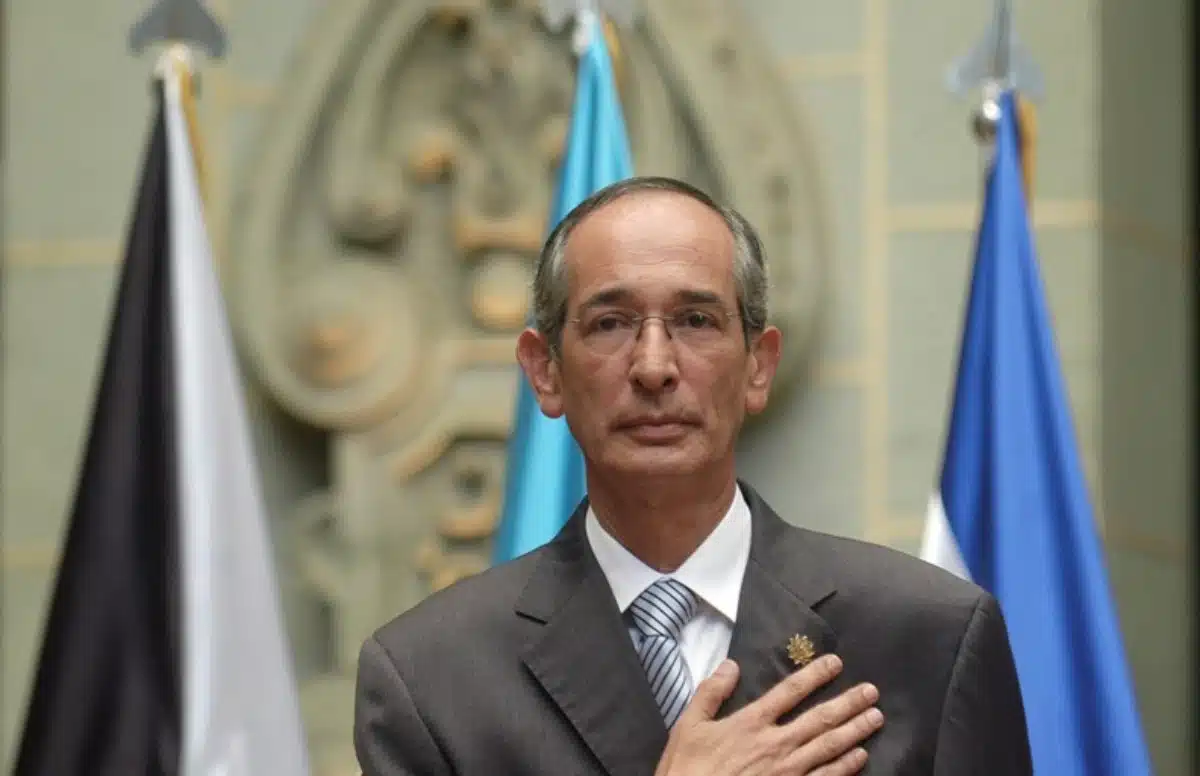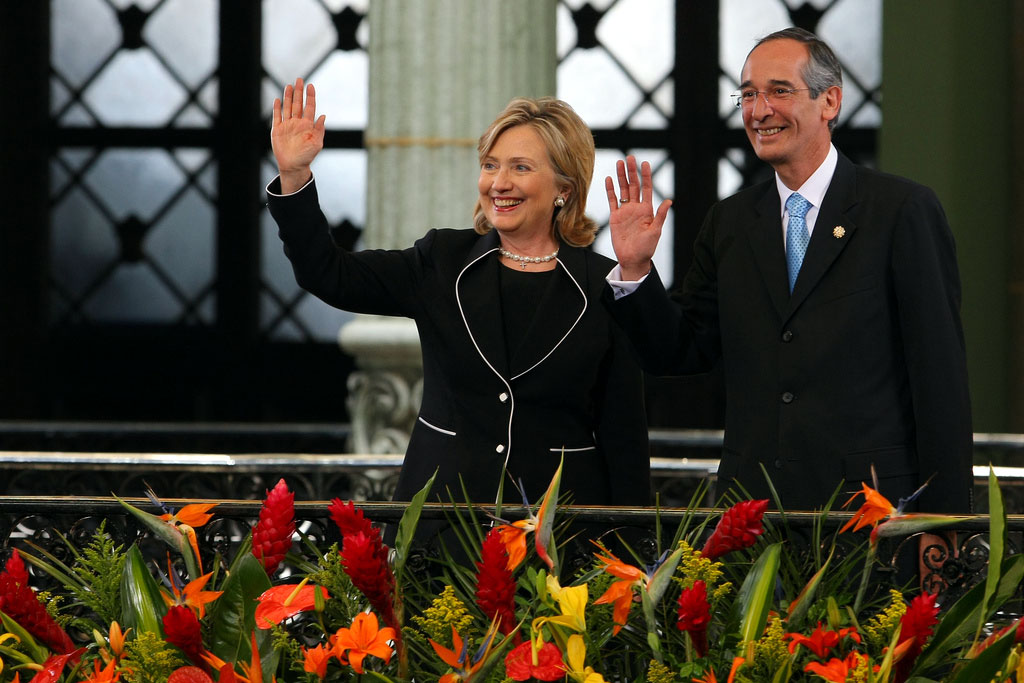GUATEMALA CITY, Guatemala — Former Guatemalan President lvaro Colom died Monday, according to lawmakers from his party. He governed from 2008 to 2012 and supported a United Nations anti-corruption mission. He was 71.
“I deeply mourn the death of ex-President Colom, a man of profound democratic convictions and great social sensibility,” said Orlando Blanco, the leader of Guatemala’s center-left National Unity of Hope Party in Congress.
On Twitter, current President Alejandro Giammattei expressed his condolences to Colom’s family and friends. There was no mention of a cause of death.
Colom defeated retired Gen. Otto Pérez Molina in a runoff election in 2007. It was his third attempt at the presidency.
Colom, an industrial engineer, became Guatemala’s first leftist president in more than 50 years, but he stated that he wanted Guatemala to forge its path rather than align with established leftist leaders like Venezuela’s Hugo Chavez at the time.
Colom Paved The Way Into Large Scale Production
Colom’s success in textiles paved the way for Guatemala’s entry into large-scale production via assembly plants known as maquiladoras in Spanish.
After working with civil war refugees in isolated highlands, he ran for office, promising to reduce poverty. Hundreds of thousands were displaced during the war, which lasted from 1960 to 1996. He was a Mayan minister who stated that he would seek advice from the Mayan Elders National Council, a group of spiritual leaders.
Just weeks before the end of his term, Colom claimed credit for hiring 90,000 new teachers and re-enrolling over a million children in the country’s schools. He claimed that his administration had built more schools and healthcare facilities. He praised Guatemala’s efforts to intercept drug shipments and apprehend drug traffickers.
Colom also backed the United Nations International Commission Against Impunity in Guatemala, abbreviated CICIG in Spanish. It had begun operations a year before he took office.
Guatemala Won The Contracts
However, in 2018, Colom and his entire former Cabinet were arrested in connection with a corruption investigation involving a bus concession.
The case revolved around Transurbano, a public bus company. The government auctioned off 25-year concessions for bus routes in Guatemala City, and the private companies that won the contracts were later tax-free. The CICIG collaborated with Guatemalan prosecutors on the case.
Colom denied any wrongdoing, and the case was never tried. For the bus scandal, the US State Department included him in a report to Congress on corrupt actors in the region in 2021.
A Nobel Mans Death
Pérez Molina, who took over the presidency after Colom, was eventually forced out by another CICIG investigation and sentenced to prison for corruption in December.
Colom married politician Sandra Torres, who planned to run for president in Guatemala’s June 25 national elections. They had separated.
Torres tweeted late Monday, “May the noble man who always held Guatemala in his heart rest in peace.”
SOURCE – (AP)











